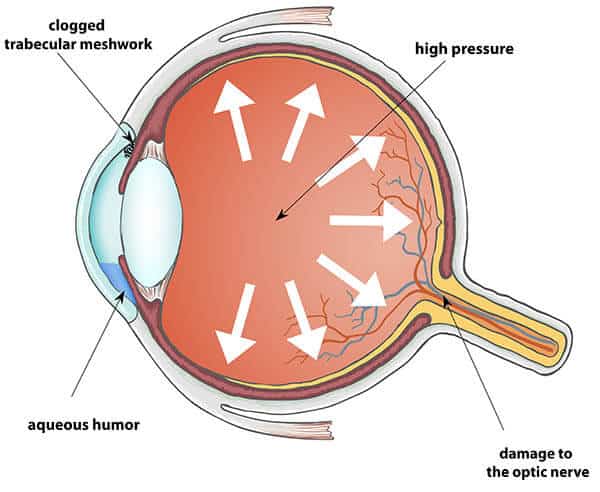Glaucoma
Glaucoma
Understanding Glaucoma: Overview, Risk Factors, and Treatments
Glaucoma is a group of eye conditions characterized by damage to the optic nerve, often associated with elevated intraocular pressure (IOP). This damage can lead to gradual vision loss and, if left untreated, may eventually result in blindness. Glaucoma is often referred to as the “silent thief of sight” because it typically progresses slowly and may not cause noticeable symptoms until significant vision loss has occurred.
Several factors may increase your risk of developing glaucoma, including:
- Age (risk increases with age)
- Family history of glaucoma
- High intraocular pressure (IOP)
- Ethnicity (African Americans, Hispanics, and Asians are at higher risk)
- Certain medical conditions (e.g., diabetes, hypertension)
- Previous eye injury or surgery

While these risk factors can predispose individuals to glaucoma, the condition can affect anyone, regardless of age or background. Regular comprehensive eye exams are essential for early detection and prompt treatment of glaucoma.
Treatments
Glaucoma treatments are aimed at lowering intraocular pressure (IOP) to slow or prevent further damage to the optic nerve. Treatment options may include:
Medications
Eye drops, oral medications, or combination therapies may be prescribed to reduce intraocular pressure by either decreasing the production of aqueous humor (fluid inside the eye) or increasing its drainage.
Laser Therapy
Laser procedures such as a laser peripheral iridotomy (LPI) may be recommended to improve the drainage of fluid from the eye and lower intraocular pressure.
Surgical Interventions
In cases where medications and laser therapy are insufficient to control glaucoma, surgical procedures.
Lifestyle Modifications
Lifestyle changes such as maintaining a healthy diet, exercising regularly, avoiding tobacco use, and managing other systemic health conditions can help support overall ocular health and may contribute to the management of glaucoma.
Frequently Asked Questions About Glaucoma Treatments
At All Eye Care, P.A., we’re committed to providing comprehensive glaucoma treatments tailored to your unique needs and goals. Schedule your consultation with Dr. Rugwani today to take proactive steps in preserving your vision and protecting your ocular health for years to come.

